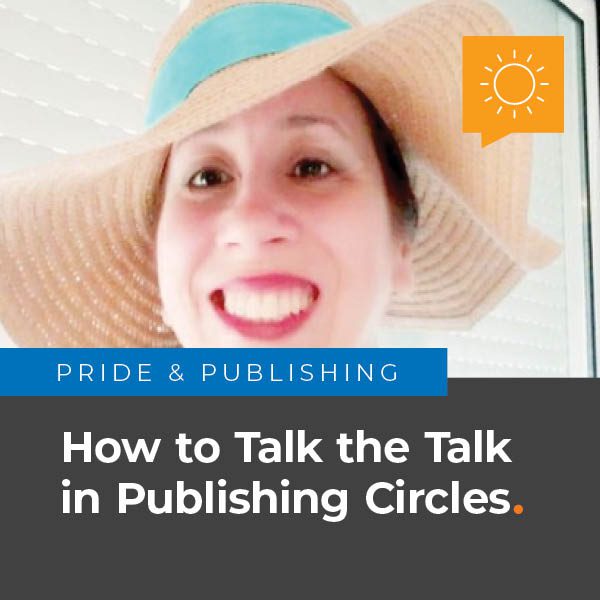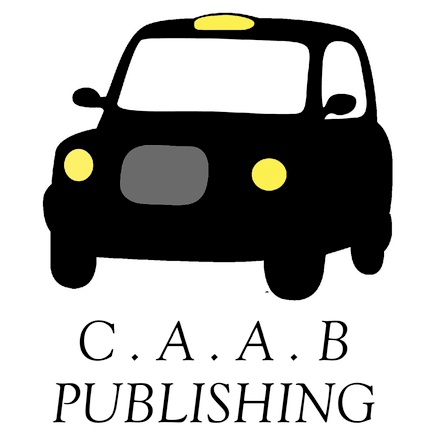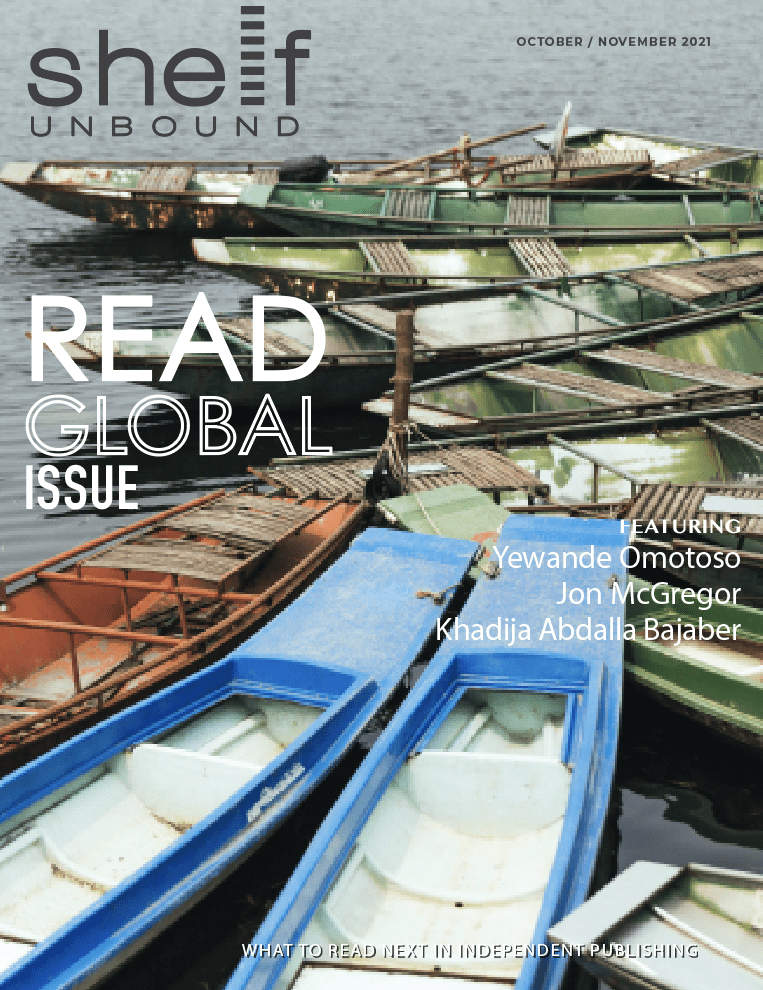By Chrissy Brown | C.A.A.B. Publishing

You have written a book, well done! But now you are ready to start looking for an agent or a publishing company and suddenly you find yourself lost in a sea of jargon that you do not understand. Here is our handy guide, to help you to understand the wonderful world of publishing a little better.
Advance — An advance is an agreed upon sum of money paid to an author upfront when they sign a contract for a book to be published by a publishing company. The publisher will then pay no royalties to the author until the advance is paid back by sales of the author’s book. This is called ‘Earning out’.
Blurb, Cover Copy, or Back Cover Piece- A short paragraph of text on the back of a book, a small bit of writing that gives the reader an idea of what the book is about.
Crossover fiction/Genre crossover- This can mean a young adult book that can also be sold to an adult market, or vice versa. It can also mean a book that crosses genres – Horror/romance or Sci-fi/comedy. (Genre means the type of book that has been written, there are the three primary genres – Fiction, non-fiction, and children, but these are broken down into subgenres i.e. historical fiction or true life crime, etc.)
ISBN – This is the identifying number or ID used for every published book. Each version or format of the book i.e. paperback, graphic adaptation, ebook will have a different unique ISBN. If there are major changes made to a book after publication then it may require a new ISBN, for example. if a book needs some major changes as new facts about an event come to light.
Imprint– The name of the publishing company or their sub-company under which a book is published.
Literary agent- This is a paid individual that is responsible for helping to manage a writer’s career, they will push a book and be a cheerleader for it in the hope of negotiating the best deal with a publishing company. Agents have a wide range of contacts and know where to best send a book, with the aim of hooking a publishing company. Reputable agents take a percentage of an author’s advance and royalties and do not ask for money upfront.
Manuscript– An unpublished or draft version of a book that is submitted to publishing companies or agents.
Metadata – Data on every book (price, date of publication, format) which is used to aim it at the correct markets, i.e. those it will sell better in. This can include keywords, like ‘fantasy’ ‘history’ ‘ghosts’ etc to help a story find the right audience.
Prelims – The pages in a book before the main text starts. These pages can be things like the title page, a dedication, a piece about the origin of the story, etc.
Proof –A rough copy of a book (which has not been proofread) which publishers often use to send to journalists, vloggers, and bloggers for them to review.
Royalties – This is the amount of money paid to an author by the publishing company for each book sold. This will usually be a percentage of the RRP or sale price.
RRP – This is the price that the book is recommended to be sold at ‘recommended retail price’ but retail outlets will often discount books or do special deals, so it might not be the same as the sale price.
Slush pile- This is an actual pile, or backlog, of unsolicited (this means sent via the writer and not through an agent or third party) manuscripts that have been received by a publishing company and are waiting to be looked through but have not been read yet.
Submissions – This is usually what an author will send to a publishing company or agent to get their book noticed. Always look for a submissions page for more information and follow the guidelines given.
Synopsis – An outline of what the book is about and what makes it worth publishing. A synopsis will usually be sent to agents or publishing companies to help them decide if they wish to acquire an author’s work. A synopsis should be a little bit longer than the blurb (but no more than a page) and should include the main plot, any themes, main characters, a hint about the ending, and why the book is worth reading. Most agents and publishers will have a submissions page that outlines everything you need to send to them.

Featured Book from C.A.A.B.
The Drowning Land
By David M. Donachie
The world is drowning.
Edan’s tribe has always survived by knowing the land and following its stories.But now their world is changing, and they must change with it, or die. When young fisherman Edan rescues the troll seer Tara from Phelan wolf-touched, he makes a powerful enemy. But Tara’s visions bring them hope that the world might still be saved. Edan must break away from tradition and cross the Summer Lands in search of a new future, but where does that future lie? With Phelan’s wolf clan? With the Fomor sea-devils? Or with Tara’s uncertain hope for salvation?
The Drowning Land takes us back eight thousand years to the Mesolithic Period when a lost land, Doggerland, still connected England to France across what is now the North Sea. Inspired by the extensive research conducted by archaeologists over the past two decades, this is a story of our distant ancestors and how they confronted the climate catastrophe that overwhelmed their world.
C.A.A.B Publishing

CAAB Publishing Ltd is a traditional, small, indie company helping unknown authors have a voice and inspiring new writers to take that first step into the world of publishing.

Continue Reading
Article originally Published in the October / November 2021 Issue: Read Global.
